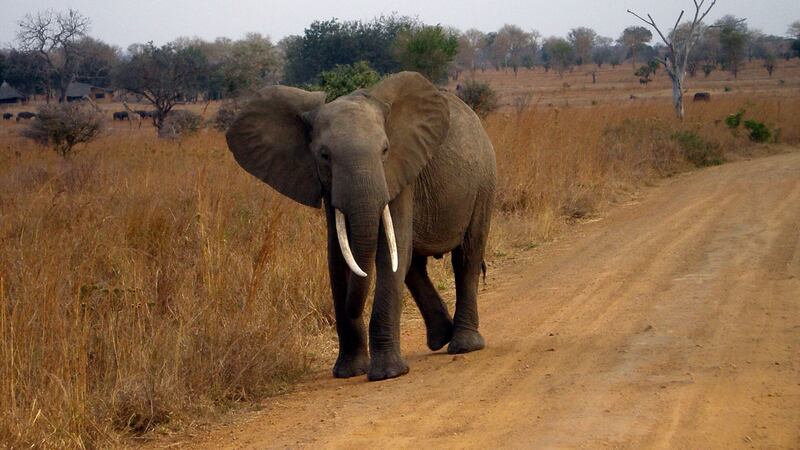Elephants have a “zombie gene” brought back from the dead that makes them virtually immune to cancer, scientists have discovered.
Drugs that mimic the effect of the LIF6 gene could lead to revolutionary new treatments for human cancer, experts believe.
In other mammals, LIF6 is dead and non-functioning. But in elephants the gene has been resurrected and – just like the fictional zombies in horror films – it is a killer.

LIF6 targets abnormal cells that are about to become cancerous and forces them to die.
As a result, the largest living land mammals hardly ever succumb to cancer.
Lead researcher Dr Vincent Lynch, from the University of Chicago, US, said: “Elephants get cancer far less than we’d expect based on their size, so we want to understand the genetic basis for this cancer resistance.
“We found that elephants and their relatives have many non-functioning copies of the LIF gene, but that elephants themselves evolved a way to turn one of these copies, LIF6, back on.”
In laboratory experiments, the researchers found that when elephant cells suffer cancer-triggering DNA damage they “just died”.
The reason turned out to be LIF6, one of multiple copies of the leukaemia inhibitory factor (LIF) gene.
When LIF6 activity was blocked, the damaged cells survived and eventually turned cancerous. And when the gene was introduced to animals that normally lack it, such as mice, they too became cancer-resistant.
LIF6 produces a protein that drills holes in mitochondria, essential cellular powerplants, causing the damaged cells to undergo a form of programmed suicide called apoptosis.
“Hence, zombie,” said Dr Lynch. “This dead gene came back to life. When it gets turned on by damaged DNA, it kills that cell, quickly.”
The gene was spurred into action by another well-known tumour-suppressing gene, p53, which itself was activated by cancer-inducing DNA damage.
The scientists now want to apply the elephant’s ability to resist cancer to human biology.
Dr Lynch added: “Maybe we can find ways of developing drugs that mimic the behaviours of the elephant’s LIF6 or of getting cancerous cells to turn on their existing zombie copies of the LIF gene.”
Elephants are not the only animals to have evolved cancer resistance.
Other species including whales, bats and naked mole rats are protected against cancer despite lacking LIF6. This suggests there are “many ways animals can combat cancer”, said Dr Lynch.








